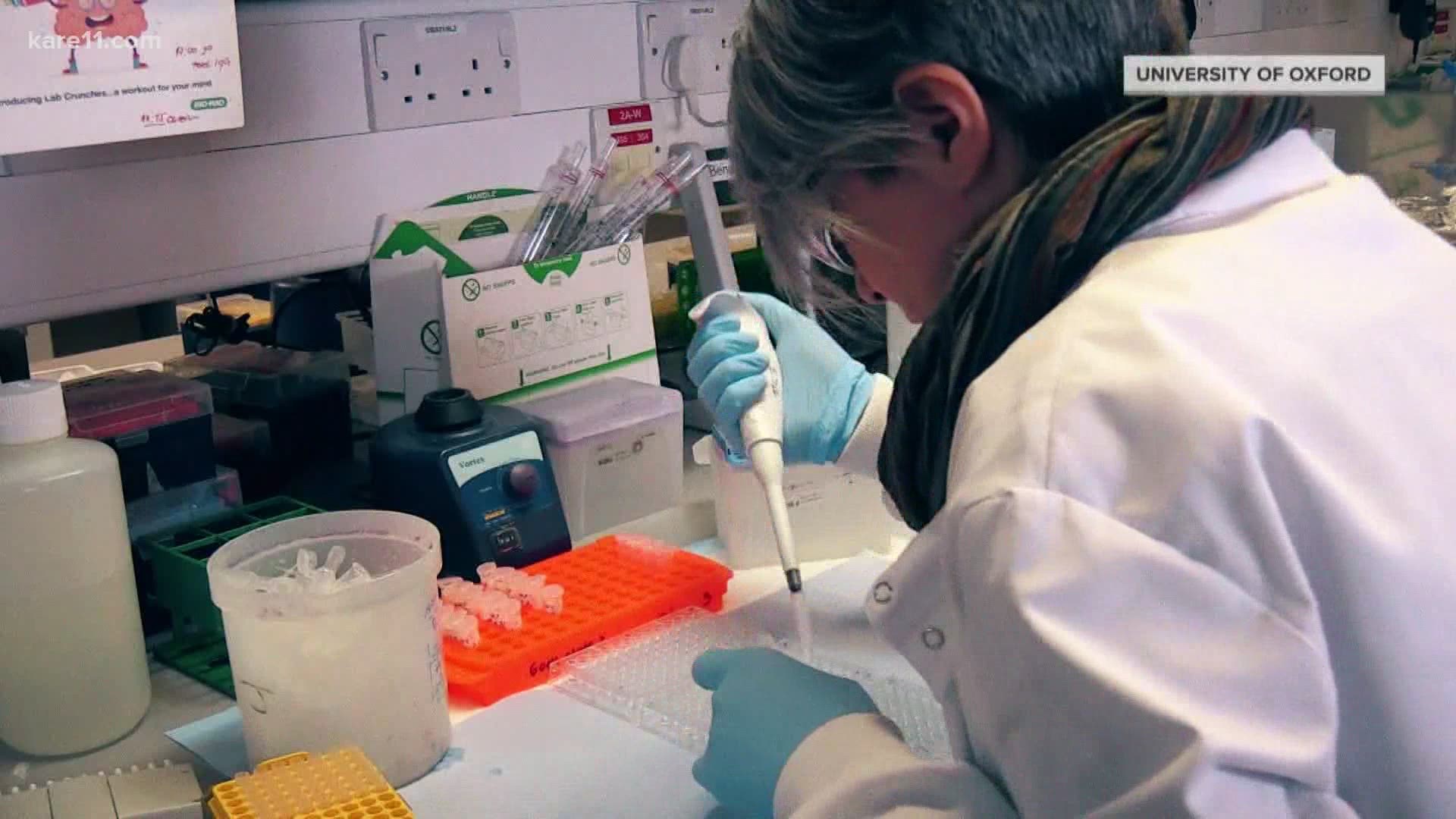When a COVID-19 vaccine could be available has been in the news a lot lately, but with so many unknowns, misinformation surrounding a highly-sought solution for the virus could start circulating soon.
Several promising vaccines for the coronavirus are in the final stages of clinical trials, and with the majoirty of Americans ready to take a shot when something is determined as safe and effective, prepare yourself for numerous posts on social media in the next two months about vaccines.
Facebook CEO Mark Zuckerberg is claiming its social media platform is already getting plenty of practice separation fact from fiction.
"We work with the CDC and we work with the WHO and trusted health organizations to remove clear misinformation about health related issues that could cause, that could cause an imminent risk of harm," Zuckerberg told Axios on HBO. "You know, all the challenging questions about anti-vax and frankly, a lot of misinformation come from cases where there has been some instance of harm, but that people are kind of blowing it out of proportion or saying it's more prevalent or common than it actually is."
Here are some things to consider before you post to social media:
- Know the difference between misinformation and disinformation. While both are false, misinformation is shared regardless of intent to mislead, while disinformation is shared deliberately.
- Try and take emotion away from your decision to repost or share. Fear is one of the main drivers of misinformation being shared.
- Verify the source. Look at the web extension. Often times incorrect articles will look like they come from a credible news agency. Also, be sure to read the article, don't just share after seeing a headline.
- Cross-check the information. Look around the internet to see if there are supporting documents or claims to backup what's being shared.
- If you find misinformation, correct it using credible sources to back up what you've found.
Remember, it's not about winning a fight online. It's about making sure accurate information is shared online at a critical time for our health and well-being.
WATCH: Complete coronavirus coverage from Local 5 on YouTube

